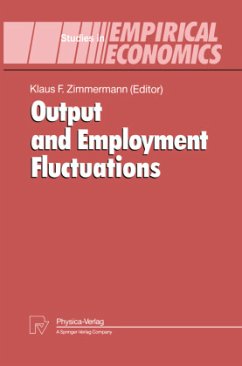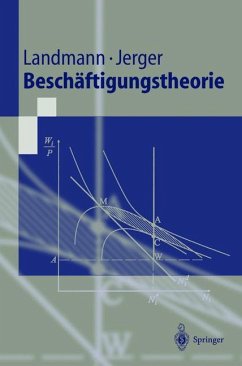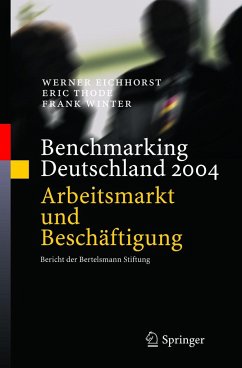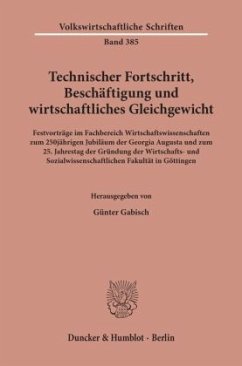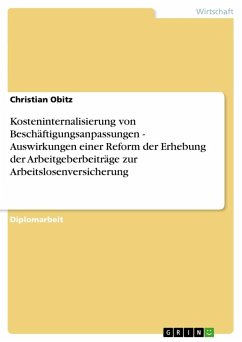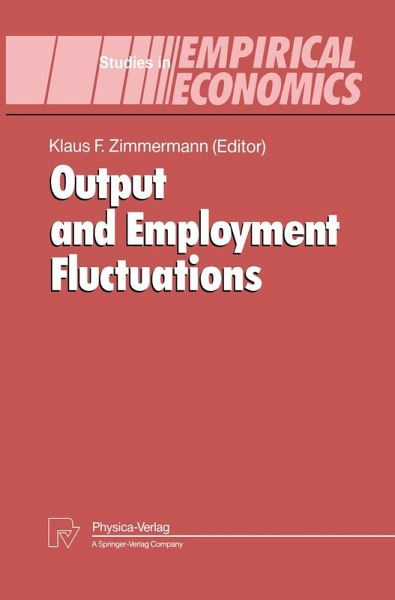
Output and Employment Fluctuations

PAYBACK Punkte
39 °P sammeln!
This book consists of four parts: I. Labour demand andsupply, II. Productivity slowdown and innovative activity,III. Disequilibrium and business cycle analysis, and IV.Time series analysis of output and employment. It presents afine selection of articles in the growing field oftheempirical analysis of output and employment fluctuationswith applications in a micro-econometric or a time-seriesframework. The time-series literature recently hasemphasized the careful testing for stationarity andnonlinearity in the data, and the importance ofcointegration theory. An essential part of the papers make...
This book consists of four parts: I. Labour demand andsupply, II. Productivity slowdown and innovative activity,III. Disequilibrium and business cycle analysis, and IV.Time series analysis of output and employment. It presents afine selection of articles in the growing field oftheempirical analysis of output and employment fluctuationswith applications in a micro-econometric or a time-seriesframework. The time-series literature recently hasemphasized the careful testing for stationarity andnonlinearity in the data, and the importance ofcointegration theory. An essential part of the papers makeuse of parametric and non-parametric methods developed inthis literature and mostly connect their results to thehysteresis discussion about the existence of fragileequilibria. A second set of macro approaches use thedisequilibrium framework that has found so much interest inEurope in recent years. The other papers use newly developedmethods for microdata,especially qualitative data orlimited dependent variables to study microeconomic models ofbehaviour that explain labour market and output decisions.





